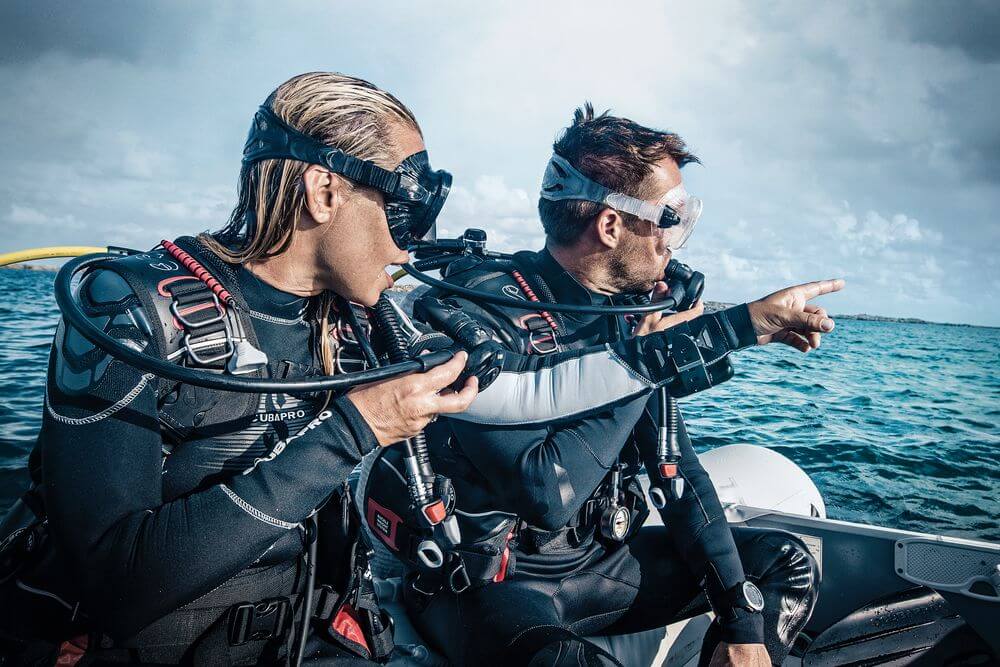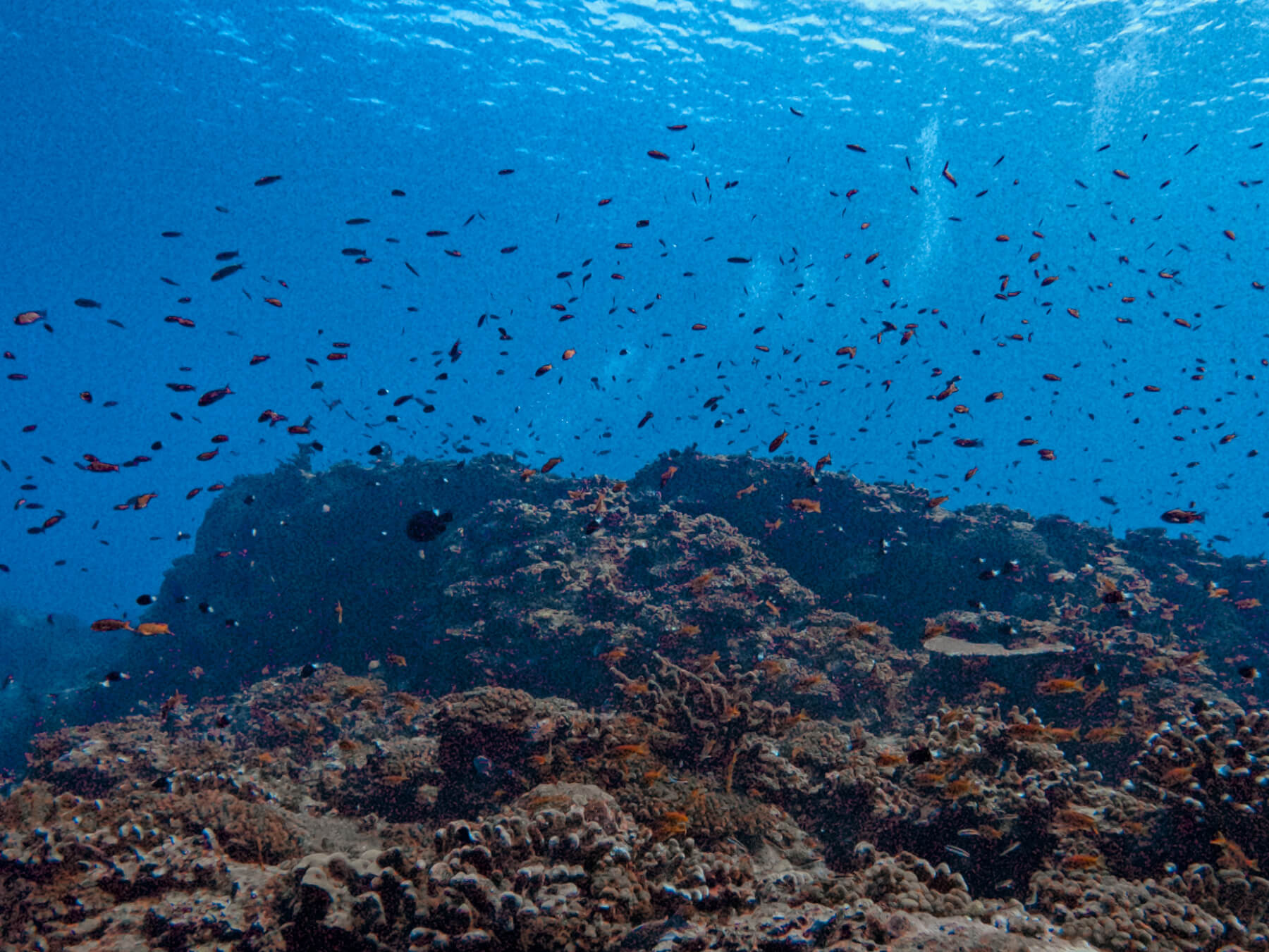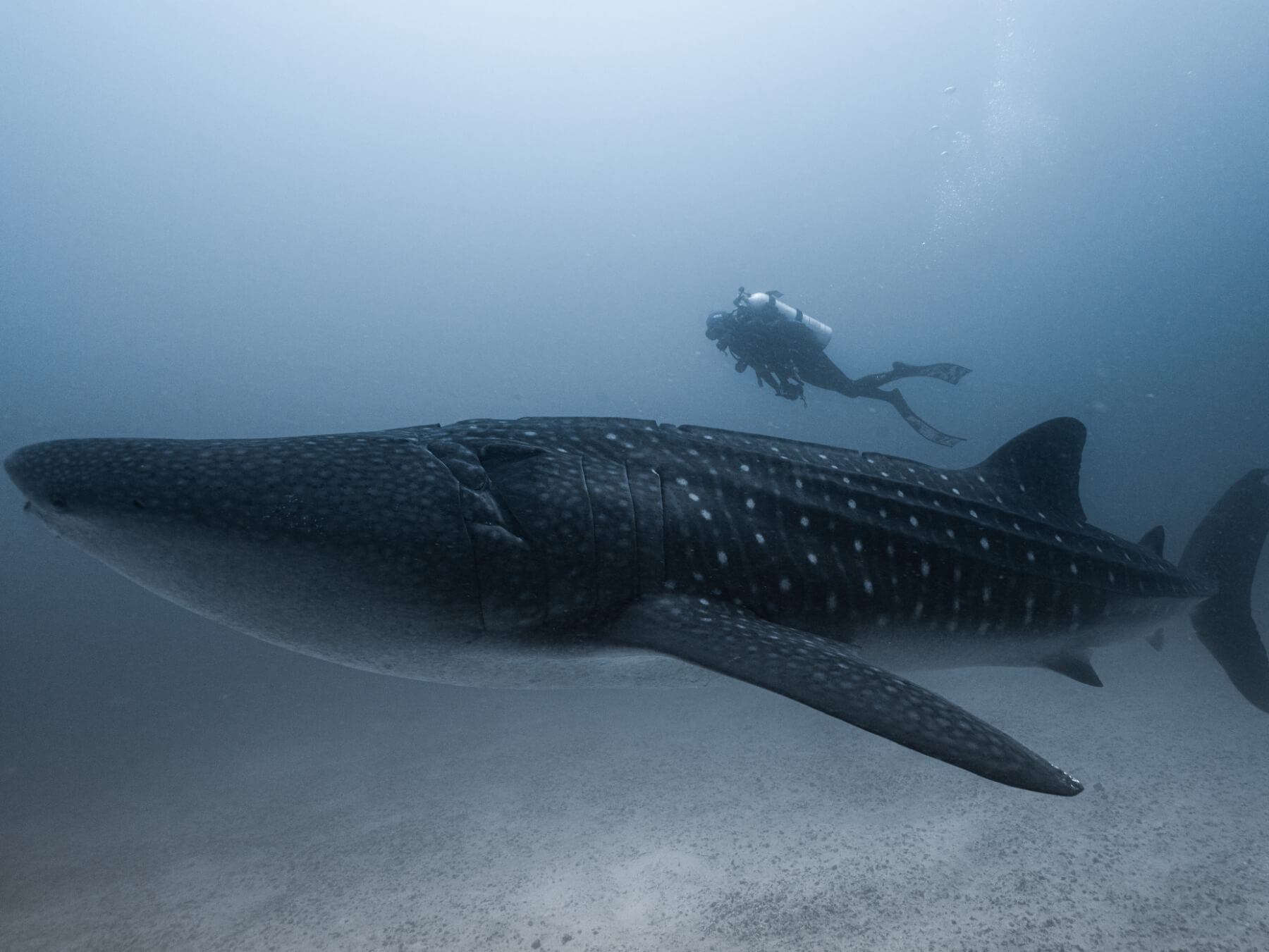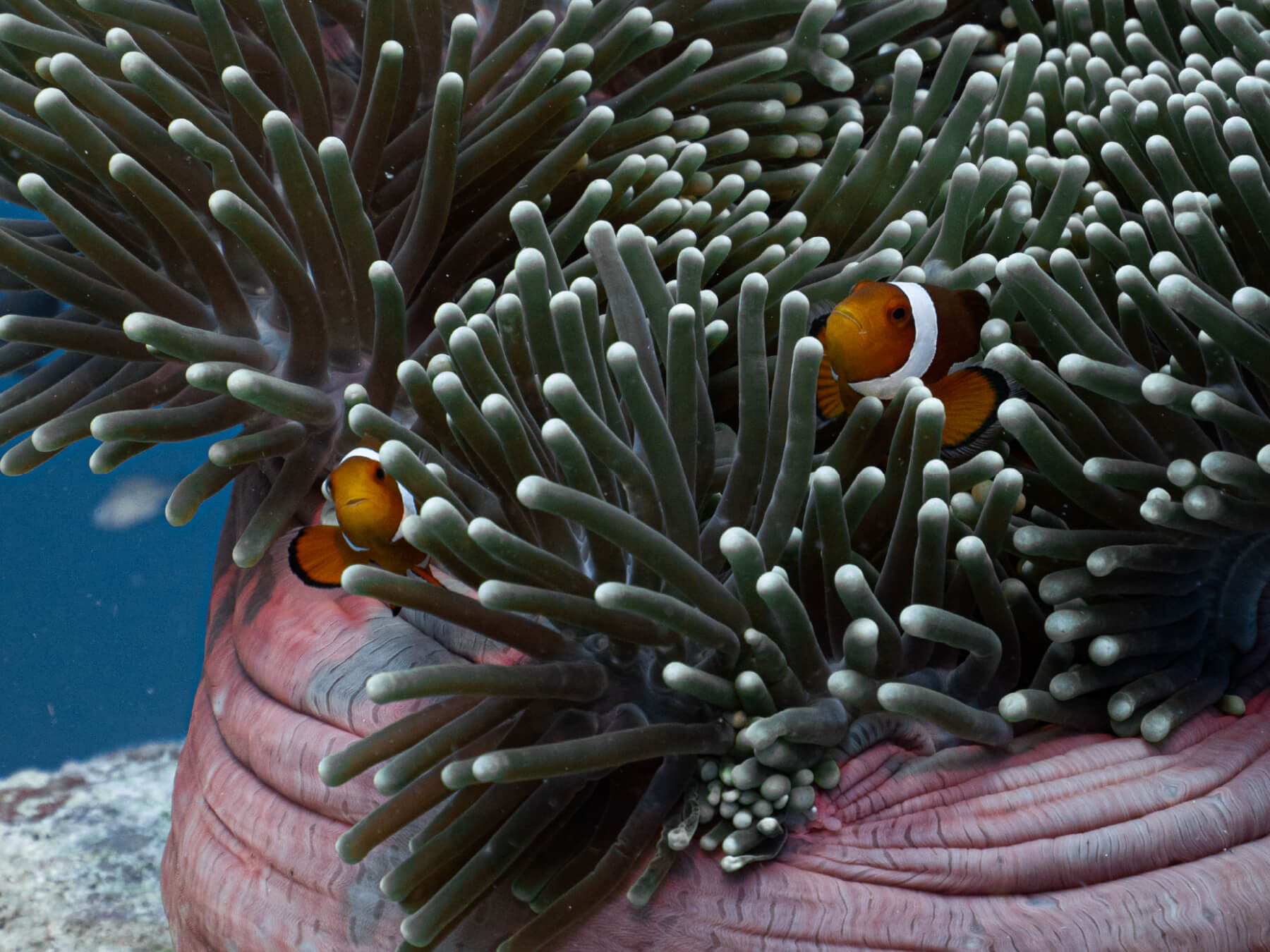

Divers venture into the ocean to satisfy an immense curiosity.
For decades, they have been exploring the unknown,
like architects, drawing one adventure map of the underwater world after another.
Why do local dive guides always know the underwater paths?
How can they find their way back even in low visibility?
Dots connect to lines, and lines form surfaces.
In our minds, we all carry our unique dive site maps.

Divers seeking hidden treasures.
Divers who want to lead the way ahead.
Divers aiming to become dive guides.
Navigation skills are a professional diving ability.
This course is designed to teach you underwater navigation techniques.
Even when the underwater environment is altered, you can correct deviations.
And most importantly, find the correct path back to the surface.

| Minimum age requirement | 10 years old (Under 18 requires a guardian's signature) |
| Maximum age requirement | None |
| Diving experience | Must hold an SSI Open Water Diver certification or an equivalent level certification. |
Before participating in diving activities, a health declaration form must be completed.
As long as you meet the health conditions outlined in the form, you can join this activity.
If any item on the form is marked as "yes," you may consult your doctor.
With a signed consent form, you can still participate!
| Five units of navigation theory. | ❶ Natural navigation. ❷ Your compass and how to use it for navigation. ❸ Combining natural navigation with compass navigation. ❹ Situations requiring special navigation techniques. ❺ Navigation exercises. Upon registration, you will be provided access to online materials. You can preview the course on your phone, tablet, or computer in advance. |
| Two open water navigation training dives. | Instructors will select suitable dive sites based on the season to complete these navigation exercises. During practice, don't forget the adorable fish and stunning coral around you. |

| Course Fee | NT6,800/person |
| Includes | Full set of diving equipment for the course duration Instructor training fees Water activity insurance Online course materials International certification fees |
| Location | Hengchun Peninsula |
| Start Date | No fixed schedule, feel free to message us to arrange a suitable date |
| Course Duration | 5-10 hours, recommended to be completed in one day |
Students can enjoy special discounts at Peninsula B&B during the course.